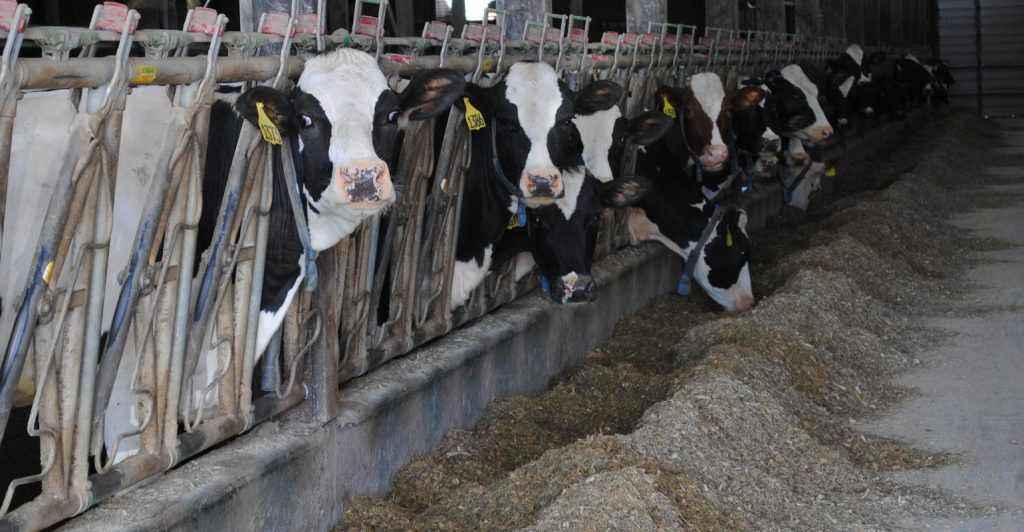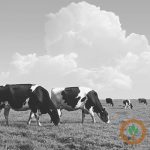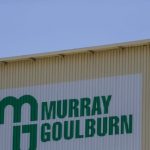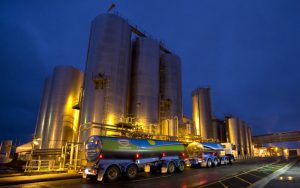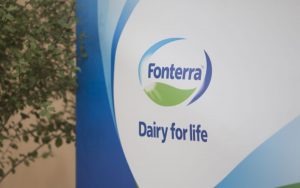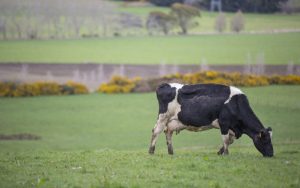
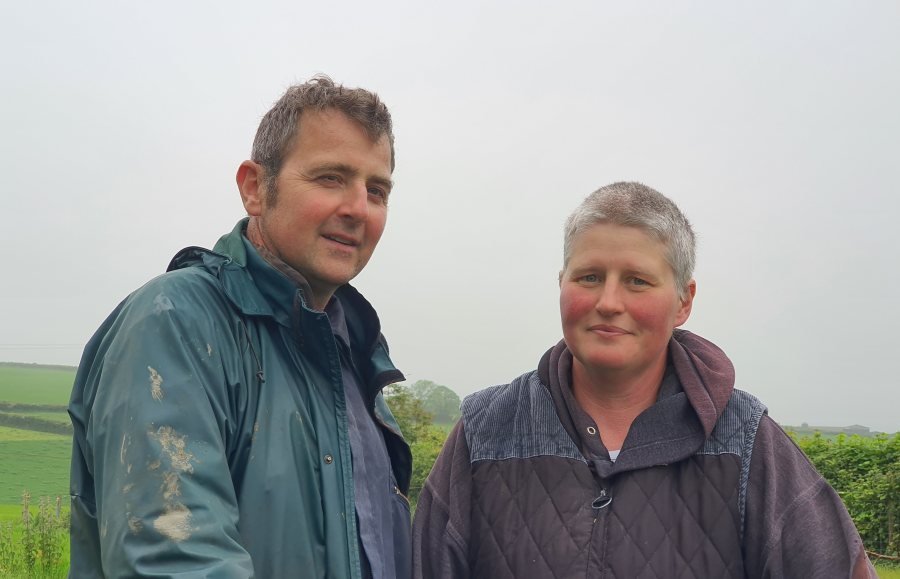
A Pembrokeshire dairy farming family have warned that the new pollution regulations in Wales have left them with no choice but to reduce their herd.
Jeff and Sarah Wheeler, who farm near Clynderwen, feel the current Control of Agricultural Pollution Regulations are going to make their business ‘unviable’.
They are asking the Welsh government to ‘take a hard look’ at what they’re asking the farming industry to do.
The third generation to farm, the couple milk 150 cows on a spring calving system, looking after 195 acres which is down to grass land, plus 50 acres of woodland.
Under current NVZ regulations in the rest of the UK – and previously in Wales – farmers with more than 80% of their holding designated as grassland have the ability to apply for a derogation to increase the annual livestock manure Nitrate whole farm limit from 170kg N per ha to 250kg N per ha.
Despite the same option being included in Welsh government’s draft Water Resources regulations published in 2020, it was omitted from the regulations before being laid in front of the Senedd in 2021.
Jeff said their farm had enough storage for slurry, but the stocking rates would hit them badly: “They’ve brought in the nitrate limit, which wasn’t in the initial ‘draft regulation, it came out of the blue.
“Any other country with such regulations has a derogation on the nitrate limit. If you’re 80% down to grassland, which we are, you can keep more stock in other countries. Why is that not the case here now?”
The Farmers’ Union of Wales (FUW) has warned that the decision by Welsh government to remove the option of applying for a derogation would restrict the ability of farmers to maintain milk and beef production levels from 1 January 2023.
The union added that it would also erode the ability of farmers to compete on a level playing field with the rest of the UK – where it is understood that derogation provisions are continuing.
Jeff said that because the Welsh government did not include such a derogation, he will be forced to reduce the stock down to unsustainable levels.
“For us that means we’ll only be able to keep about 120 cows and lose a fair bit of our milk income,” he added.
“The 170kg N per ha whole farm limit with increased slurry storage requirements and consequent reduction in stocking rates will make a large proportion of dairy farm businesses financially unviable and will prevent them from optimising the use of slurry as a natural fertiliser.”
The family are also worried about the wider impact on the rural economy. Sarah said that with everyone looking for more land to keep their herds, there would be ‘problems, big ones’.
“People will have to cut back, because they can’t afford the land or can’t get hold of it, so the milk is going to be lost to other countries as well,” she added.
“Think of the economic impact and the ripple effect that will have. Loss of revenue, loss of money going to contractors, the wider rural economy is going to feel the impact of this just as much as farmers are.”
Farmers like the Wheeler family are looking to buy or rent additional land in preparation for when the nitrogen limit is imposed on 1 January 2023.
They want to be able to maintain livestock levels by having enough land area available to spread the amount of slurry produced.
Sarah said: “We had a sustainable production grant 4 years ago to build extra slurry storage with the cubicles on top. We submitted a business plan for that to the Welsh government and that was based on 150 cows.
“Now they turn around and tell us we can’t keep 150 cows unless we take on more land.”
She added: “If we took on more land, either rented or bought, to meet the nitrates limit we would be ok but try getting hold of more land, it’s impossible. We’re surrounded by dairy farms who all have the same problem.
“There are some big dairy farms around here and competition for land is fierce. Even if you find the land, it’s not going to be cheap.”
Despite the decision of the Senedd to review the current Control of Agricultural Pollution Regulations, Jeff and Sarah are concerned about their livelihood and the future.
“We know that there is going to be a review but we are not hopeful at the moment,” Jeff said.
“Such draconian regulations will in the end achieve the exact opposite of what they set out to achieve.
“Farmers are being used as a scapegoat for all the problems and I can’t see how anything will positively change for us. I am worried about the future. It’s very stressful.”
